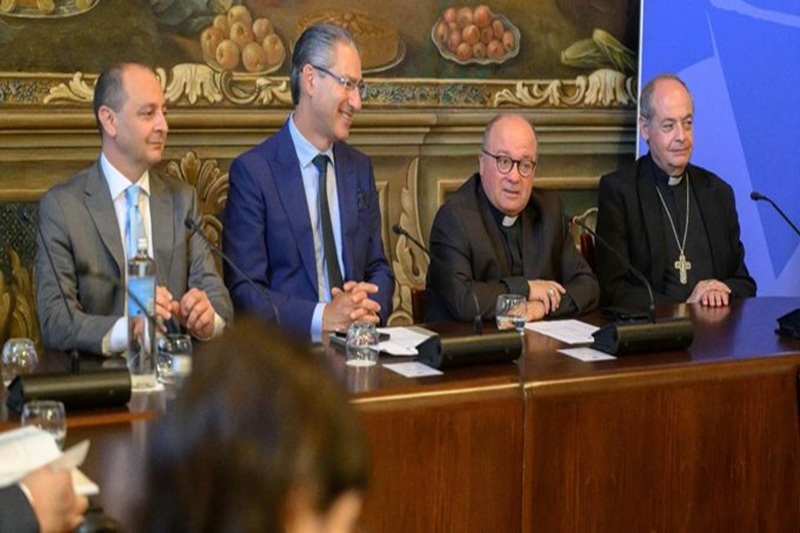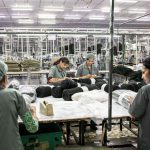
(C) : Mario Gerada – twitter
On 3 June 2025, the bishops of Malta met with the Malta Council for Economic and Social Development (MCESD) to examine some critical economic and social issues, workers’ rights and justice were uppermost in their deliberations.
The Church delegation led by Archbishop Charles Scicluna, Auxiliary Bishop Joseph Galea-Curmi and Daniel Darmanin, President of the Church’s Justice and Peace Commission was joined by Parliamentary Secretary for Social Dialogue, Andy Ellul who provided information on government reforms to improve working conditions in Malta.
Important Meeting Outcomes:
Worker Protection Reforms:
- New rules for digital platform workers (e.g. the delivery of food and goods) to provide decent wages and standards of work, especially those from third countries.
- The introduction of prohibitions on zero-hour contracts that will address job insecurity and uncertainty and work related stress felt by vulnerable workers.
- The introduction of licensing for employment agencies with sanctions for non-compliance which will provide pay equality across the sectors.
Affordable housing initiatives:
- Archbishop Scicluna highlighted the demand for affordable housing for all Maltese as well as foreign workers.
- He emphasized the work of the Foundation for Affordable Housing which is a Church State collaboration that provided affordable housing to low and middle income earners.
Support for Migrant Communities through the Church:
The Church continues to support migrant Catholic communities pastorally and spiritually, demonstrating their respect of migrants based on the way they enhance local parishes.
A Call for Human Development:
Daniel Darmanin stressed that economic development should see quality of life rather than profit as a valid and precious commodity in politics. He reiterated the perception of authority and dignity underpinning policies.
The meeting was a positive example of dialogue between the Church and State in developing social practice policy in Malta that encourages the protection of workers and further equality for society.







